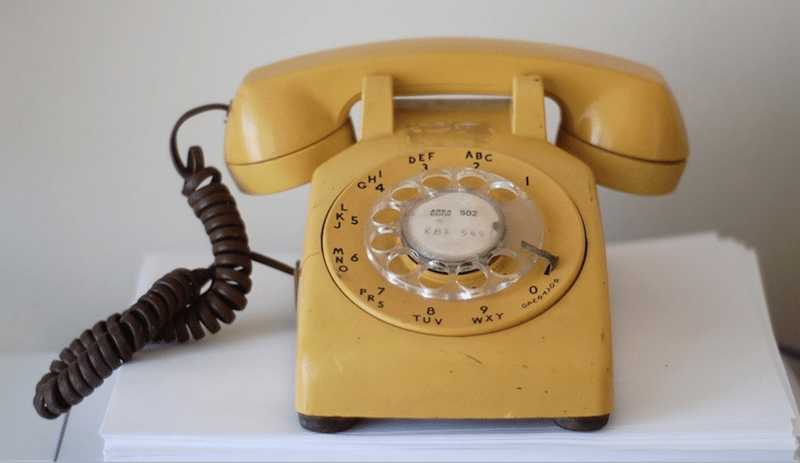
Parent Communication Done the Right Way {BTS Blog Hop}
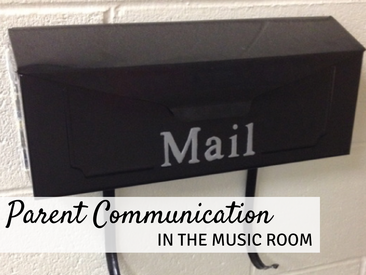
When I was a first year teacher I was absolutely terrified of talking with parents. In fact, the words “parent phone call” would make me avert my eyes and try to look busy doing something else. I didn’t like calling home. My first four years of teaching went by with very few student discipline issues and only a couple meetings with parents. I was lucky. Most of my kids were well-behaved and the student discipline issues that did arise were taken care of by my classroom management plan or dealt with by home room teachers.
Then came a multi-state move and a new job. The new school was completely different with a defiant population and weak school-wide behavior management plan. Sometimes I would make 10-20 separate phone calls a day to parents. It was not one of those “I’ll put a toe in to test the waters” situations but more of a “shoved right in to the biggest wave without a boat, paddle, life-jacket or floaties.” Let me tell you, my parent communication skills developed QUICKLY!
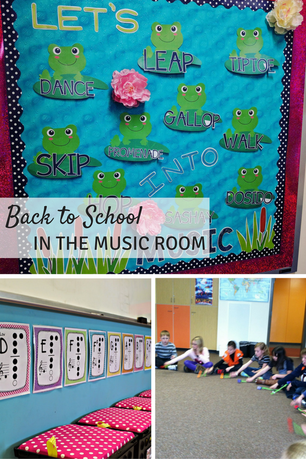
“Back to School” is one of the busiest times of the year, but also the best time to jump in with parents and open lines of communication. To help you get a great jump start on the year, I’m teaming up with a fantastic group of music teacher/bloggers. The blog hop includes six blog posts about “Back to School” topics in the music room from lessons to organization to games and more! To continue on the blog hop, keep clicking the picture at the end of each post to hop to the next blog.
My goal with this blog post is to give you some ideas and strategies for developing relationships with parents so that if you have to make that dreaded “phone call home” it will be more of a check in and check up. Scary stuff at first? Maybe. Can you do it? Absolutely!!
Step One — Join the Conversation
Parent communication (when done right) is so much more than calling home when a student does something wrong in your classroom. In fact, if the first time you talk with a parent is to tell them their student did something wrong, you’re sunk! Parent communication is about developing relationships with families and becoming an active part of the learning community.
This is not a task for the weak of heart. You must actively participate and reach out with other humans. You have to deal with real people and real people can be emotional, frustrated, and confused. Sometimes you will feel angry. Sometimes you will feel weak. Ultimately you will feel like part of a family. But you can’t have good relationships if you hide out in the music room and never connect with others. You must actively build relationships. You have to actually try to reach out to families and get to know students and parents both. This can feel daunting when you have upwards of 400 students, maybe even spread across multiple buildings and multiple grade levels. However, there are some tactics that you can use to start working on relationships.
The first thing you need to do to connect with parents is to simply get on their radar. Parents are so flooded with notes home and reminders and updates from their student’s homeroom teacher and often they forget that their kiddos go to other classes. There are many ways to connect with parents and show off the great work that’s happening in the classroom. Maybe you can add to your school website and soup up the music page to show some pictures or include a short write up for each grade. If you’re really technologically savvy you might even be able to include songs or videos to show off what your kiddos are doing. Here’s the school website from where I taught a few years ago. I tried to include pictures of music making, some reference points for parents to see standards, and examples of students with smiling faces! It is by no means “perfect,” but it doesn’t have to be. A website like this is simply a way to connect.
You might also consider creating a music department newsletter. This is a little more old-fashioned and takes a bit more work than a website, but it creates a tangible artifact that parents can look at, put on their fridge, or show off to others. In the newsletter you can include all sorts of things and give short details about what students are doing in each grade that you teach. Consider adding some references to the standards that you’re teaching and the songs/games that students should know (and might be able to demonstrate to parents). Add the dates for upcoming concerts and important reminders.
My friend Aileen Miracle has this fantastic and editable kit that makes creating a newsletter a breeze. What she’s created is a template to use on Microsoft PowerPoint. You the teacher just add content in the text boxes and print! With 9 designs and 43 templates to choose from, you have lots of options to get exactly what you want!
Step Two — Make a Positive Connection FIRST
My student teaching mentor, Debbie Gray, always said, “Make a GOOD connection before you have to make a HARD connection.” Man was she right! It’s important to try and reach out to parents in a positive way before you have to call home about a problem. Imagine yourself as the parent of a couple elementary school kids (maybe this is easy to imagine because you ARE that parent). Your kids go to school every day and interact with a lot of different people. Try as you might, it’s difficult to know all the teachers/paras/support staff in your child’s elementary school. If you got a call from a teacher that you didn’t know very well, it would be hard to connect.
So, make the first step and lead with a positive note. In fact, you could start out by sending home ACTUAL notes. I frequently use this set of “I can” statements with kiddos to reinforce what we’re learning in class. I hang the posters out in the hallway to show passersby (could be parents, administrators, etc) what things we’re learning in class.
One day I got the idea to print these statements out and send them home with kids at the end of a unit. I printed one side in English and one side in Spanish (at that point I was at a school with a high ELL population). I had so many parents come up to me and thank me. They were excited to learn that their students were doing well and loved to know what sorts of activities their kids were involved with in school. Throughout the year or at the end of a marking period I would send home more notes as a sort of summative reminder of what the student had learned. It was a hit!
I found that another way to reach out to parents was by connecting with students through personal letters. This is also a great idea that I gleaned from my mentor teacher Debbie Gray (FYI she has a book and you can bet that it’s full of amazing ideas!). Debbie would write notes to each of her students praising great things they had done, courage they showed when working hard or when they defended other students, and in some cases she would write to let them know how they could work harder or improve their behavior. Debbie always tried to write about positive things that students had done the act of writing the notes taught her to look for the good that everyone did. It helped to mold and guide her teaching technique!
Each student got a note every semester from Debbie and man did that have a huge impact! Students would run home and show the letters to parents. Often the letters went up on the fridge or in a special memory box. I’ve adopted this practice (I wrote a blog post about how this works for me) and I can tell you that it has a huge impact. If I ever have to call home about a student misbehaving the parent usually leads off with, “Oh hi Mr. Row. You’re the teacher who sent the really nice letter home with our student. Tell me how I can help now.”
Here’s another great article I found with the same sort of theme. The article is from Edutopia and it’s called “The Power of the Positive Phone Call Home.” Absolutely worth a read!
One other thing I do to make a positive connection with parents is to reach out and participate on parent teacher conference days and open house nights. It’s important for parents to see the music room and actually put a face to a name. I will try about anything to get parents into my classroom! One year I collaborated with the other specials teachers to create a raffle where parents/students could win prizes but ONLY if all four specials teachers (art, music, P.E., and library) signed off on their raffle ticket. Another time I punched out custom made guitar picks to give away for free (read about that idea here).
Step Three — When the Going Gets Tough…

So, be proactive about building relationships with parents and always try to make a positive connection first. Do everything you can to “front load” your relationship with parents. In fact, if there is a student who you suspect might be an issue, go out of your way to make connections with parents right away to “plant those good seeds” and nurture your relationship with them. Then if you should need to contact a parent later in the semester, you’ve already got a good relationship to fall back on.
But, if and when the time comes that you have to call home or reach out to parents to let them know about something bad that happened at school remember this: When the going gets tough, the tough get going (and they stay positive the WHOLE TIME!). Calling home is NOT FUN. It’s not easy to tell a parent that their student had issues or was mean or needs to change something. But it IS easy to get defensive or angry or hurt by parents. Don’t. Stay positive. Don’t shut down. Be active. Be tough and get going!
Helpful Tips for calling Parents
- It’s totally okay to practice what you might say to parents. In fact, there have been times when I have that conversation and do a “run through” with another teacher to go through what I need to say in the conversation. It helps me organize my thoughts and convey information in a way that makes sense.
- Script out what you want to say. Write out some bullet points of things that you need to say to the parent. I’ll tell you that no matter how much you practice, when you dial up that number your heart might race a bit and you’ll likely forget some of what you’ve planned to say. Notes help you stay on track and on message.
- Be gracious. You might be interrupting the parent while they’re cooking supper or driving home. Shoot, you might even be calling them during work or another inconvenient time. Start off with something like, “Hi, this is Mr. Row. I’m the music teacher at Ralya Elementary school and I was hoping to talk with you about how Manuel did in music class today. Do you have a minute or two to chat with me?”
- Be objective. Don’t tell them what you think happened or what another student said their student said. Tell them what you saw, tell them the expectation for behavior that was broken, and be clear about what needs to happen next. Don’t get caught up in emotion but tell them the facts. They may have follow up questions, so be ready for them.
- Ask for help. While it’s a good thing to include a statement like “I wanted you to be aware of what happened today,” really you’re not just calling home to make them aware. You’re calling home to ask them to follow up and address this with their student. It’s perfectly fine to say something like, “I would really appreciate if you could have a talk with Manuel and remind him of our expectations for appropriate behavior with other students.”
- Make a final connection with the parent. The more you can emphasize the teacher/parent partnership, the better off you will be. I would often end phone calls with “Thank you so much, Mrs. Jones. I really appreciate you following up with Manuel. He’s such a good student and I know that you and I both want him to be successful. Let me know if there’s anything that I can do to further reinforce things on my end.”
And one more thing, if you get a voicemail LEAVE A MESSAGE!! Last year during the first month or so when I would call home and get a voicemail, I would hang up and try another number without leaving a message. This was a mistake. I didn’t realize that any time I called a parent it would show the main phone number for our school on their caller ID. Parents would see “Missed call from Ralya Elementary” on their call logs and would frantically call back. The secretary who answers the call might not know that I was the one calling and often had to try and figure out why this student got a phone call and from which teacher. So, whenever I got a voicemail I started to leave brief messages that didn’t say too much. “Good afternoon. This is Mr. Row, the music teacher at Ralya Elementary School, and I was just calling to have a quick conversation about Manuel. We had some difficulties today in music class and I just wanted to call and have a conversation with you about that. I will try to reach you later.”
I would also suggest that you keep a log of parent contact. There are a couple reasons for this. When you call home you might have to try a few different numbers before you find the one that works. Write down who you talked to, their phone number, and their first name (or preferred name) so that if you call home again you can start right away with that personal connection. Write down a brief synopsis of what you talked about so that if you call home again you can reference the previous conversation. Also, write down the date, time, and any other notes you might need. Keeping this documentation helps you know if a pattern of behavior is occurring with the student and gives you great reminders should you have to call home again.
I found this fabulous FREEBIE from Cori Bloom that is perfect for logging parent phone calls and contact info. In the set there’s a page where you can log student information like allergies, special instructions, parent phone number, etc. Another page gives you a call log where you can write down the date, time, and brief synopsis of any conversation you had with parents. It’s awesome, it’s editable, and it’s free!
Community is hard. Community is worth it.
Parent communication should not be a scary or frustrating thing. These days I look at it this way: parents and teachers have a common goal. We want students to learn and grow and become better people. The more that you can do to create a relationship with parents, the less they will think of you as some random teacher. You will become a caregiver and important part of their child’s growth. As human beings we are far more likely to help out and show compassion to someone that we know personally. Reach out, make a connection, and see your teaching become easier!
One last thought. In this digital age it is easy to text and email. It is much harder to pick up the phone or meet someone face-to-face. But those personal moments are so much more effective in communication. With face-to-face communication you are much less likely to confuse language or be misunderstood. Texts and emails are so easily misconstrued and taken out of context. When you have the choice to do something digitally or do it in person, always choose the personal connection.


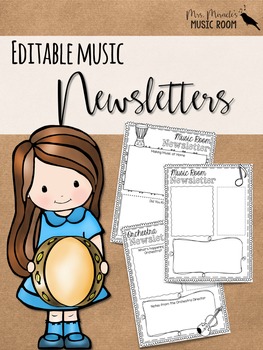

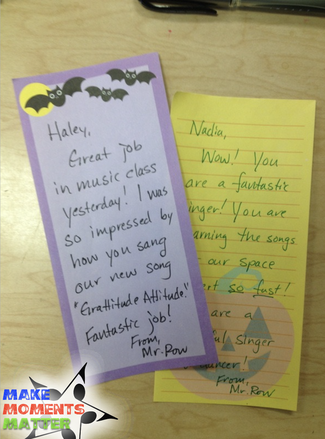

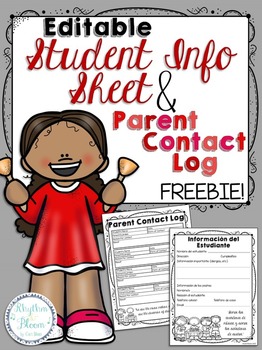
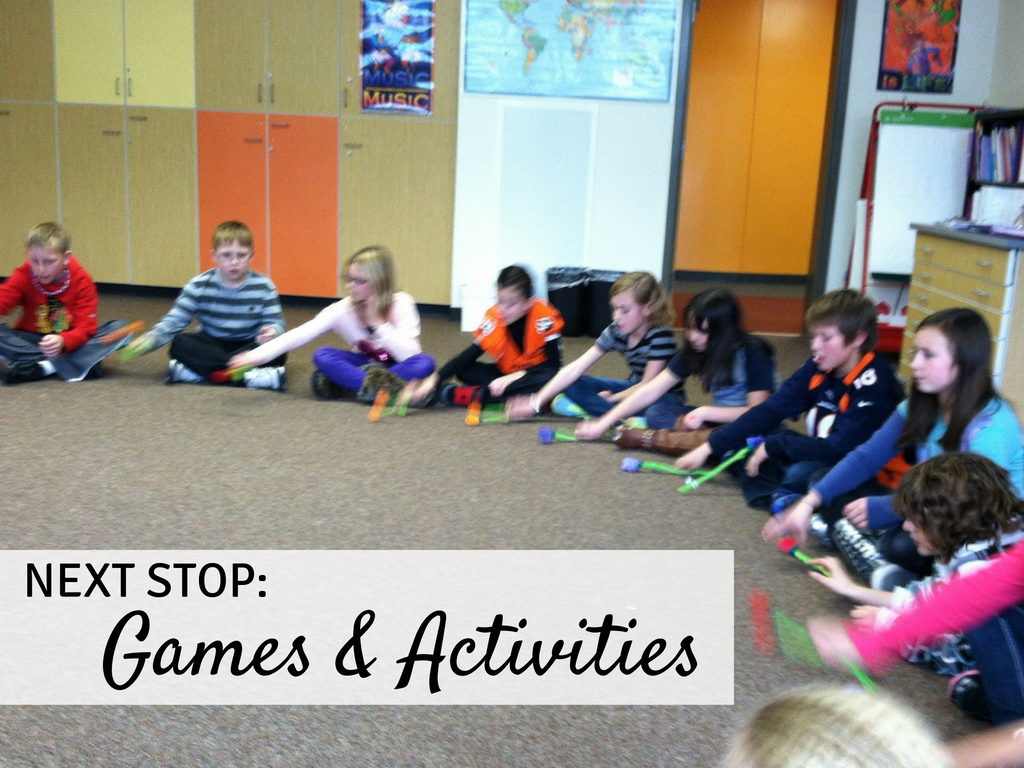
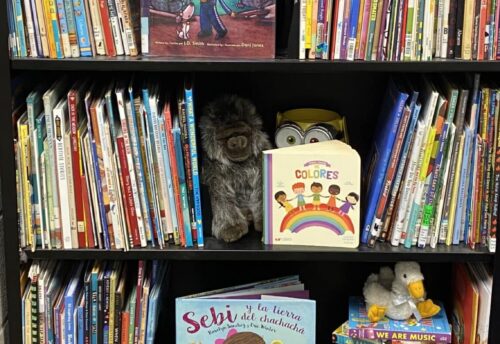
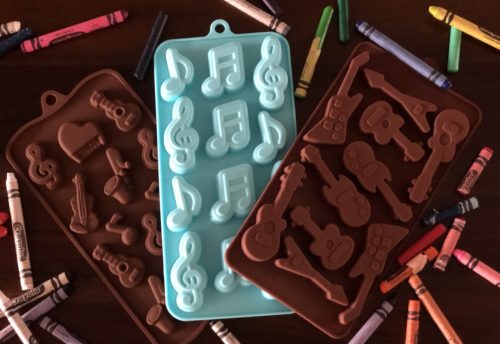
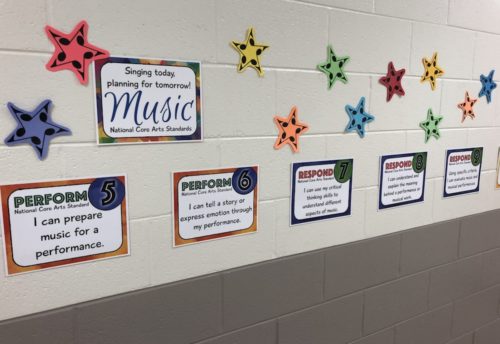
7 Comments